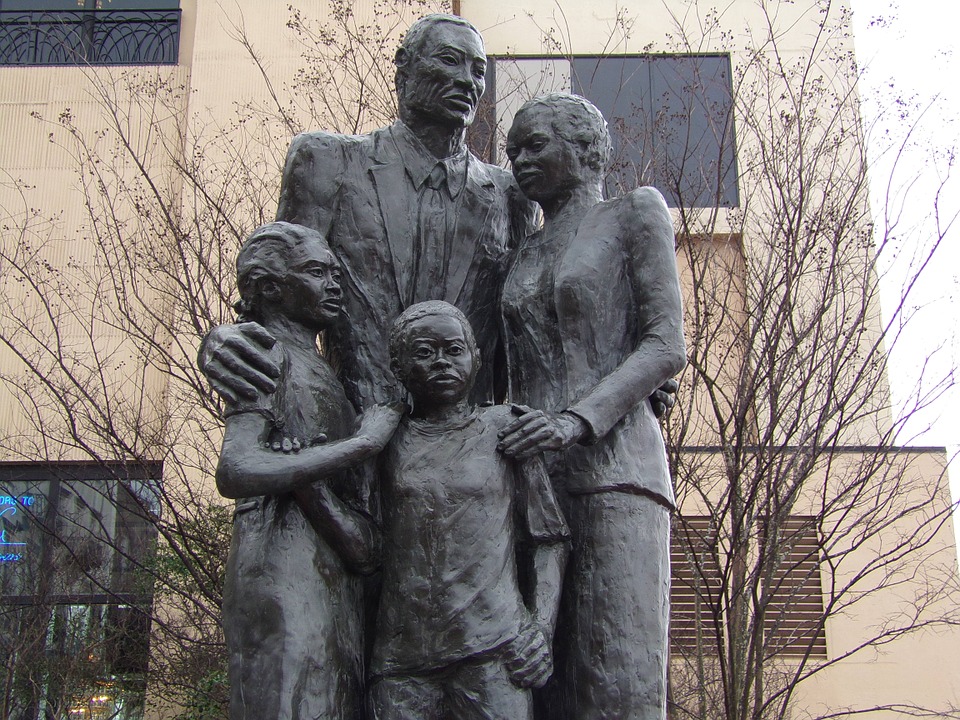
You may be aware that a family history of colon cancer increases your risk of colon cancer. But not all families are open about health related matters, and there are many family situations where a person may not know part or all of their biological family (for example, adoption). So what does it mean when you hear “your risk of colon cancer is higher if you have a family history of it”?
Let’s take a look.
- Most cases of colon cancer are diagnosed in people who do NOT have a known family history
of colon cancer.
About two thirds of new cases of colon cancer are in people without a known family history of colon cancer. While we don’t know exactly what causes any type of cancer, our current theory is that it’s a combination of genetics (this is where your family history comes in) and environmental exposures (anything from the types of foods you eat, to second hand smoke, to drinking contaminated water). We don’t know how much each part of this plays, and it likely varies from individual to individual. After all, no two people will always eat the same foods and be in the same places, so environmental exposures are unique for each of us. The bottom line: everyone should be screened, regardless of their family history.
- A family history of certain kinds of colon polyps brings an increased risk of colon cancer.
During a colonoscopy, polyps may be removed. They are then sent to a pathologist for inspection under the microscope. Some types of polyps are precancerous (meaning they could have turned into cancer if they were left in the colon) and others are benign (meaning they were unlikely to become colon cancer even if they stayed in the colon). The scientific term for precancerous polyps is adenomatous. The current guidelines recommend that someone who’s previously had adenomatous polyps come more often for colonoscopies. That person should inform their family members, as this increases their family members’ risk of developing colon cancer, too.
- Who in your family had colon cancer is important.
The current guidelines differentiate between people who have a family history of colon cancer among first degree relatives (parents, siblings, and children) versus second degree relatives (all other relatives, such as aunts, uncles, grandparents, cousins). Your risk is higher if a first degree relative had colon cancer.
- The age when your relative was diagnosed with colon cancer is important.
The guidelines say you should start screening for colon cancer ten years prior to when your first degree relative was diagnosed with colon cancer, or at age 50, whichever is sooner. So, if your mother was diagnosed with colon cancer at age 37, you should start getting colonoscopies at age 27. On the other hand, if your grandfather was diagnosed with colon cancer at age 81, you should start screening at age 50. Of course, if you notice problems with your digestive system such as changes in bowel habits, blood with your stools, or abdominal pain, you should see your doctor right away, regardless of your age. While these symptoms don’t automatically mean you have colon cancer, it is still important to get them checked.
- Some families have a known gene which increases the risk of cancer to the entire family.
An example of this is called Lynch syndrome. This is a known genetic syndrome which predisposes all its carriers to developing colon cancer, as well as several other types of cancer, such as ovarian, endometrial, urinary tract, and skin cancers. The only way to know whether you have this syndrome is to undergo genetic testing. Prior to any type of genetic testing, you should seek the services of a genetic counselor who can help you understand the risks and benefits of getting the test done.
- However, not everyone with a family history of colon cancer has Lynch syndrome.
All of the different genes which contribute to the development of colon cancer are not yet known. This means there can be a family history of colon cancer without a diagnosis of Lynch syndrome.
- In those cases where you don’t know your family history…
You should start screening at age 50, or sooner should you develop problems with your digestive tract.
Be a leader among your family members. Share your colonoscopy results so that everyone can get screened properly.

Share This